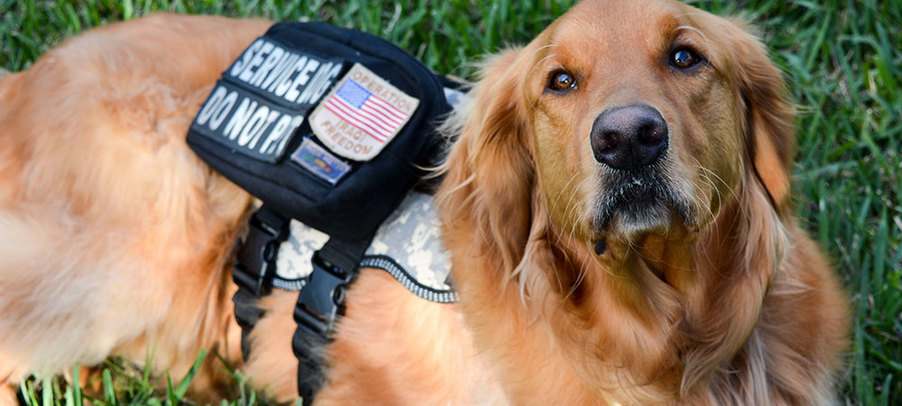PTSD Service Dog Research
Military personnel are at risk for developing Post-Traumatic Stress Disorder. This disorder can be difficult to treat, however specially trained psychiatric service dogs are an emerging complementary therapy. At the Organization for Human-Animal Interaction Research lab at Purdue University we investigate the efficacy of these therapy dogs and the roles of service dogs in veterans lives.
I have assisted in the development and preparation of several studies that evaluate the psychosocial outcomes of PTSD service dogs for veterans with PTSD. I also co-led a project investigating the expectations and experiences of individuals with PTSD service dogs.
What we our key findings?
I have assisted in the development and preparation of several studies that evaluate the psychosocial outcomes of PTSD service dogs for veterans with PTSD. I also co-led a project investigating the expectations and experiences of individuals with PTSD service dogs.
What we our key findings?
- Military veterans reported using all types of training methods
- PTSD severity was not associated with dog behavior, temperament, or veteran-service dog closeness
- More frequent reported use of positive reinforcement or bond-based training methods (reward-based methods) were associated with more positive outcomes.
- Higher closeness to the service dog
- Higher perceived attachment behaviors with the dog
- Increased dog playfulness
- Higher closeness to the service dog
- More frequent reported us of positive punishment (correction-based methods) were associated with more negative outcomes.
- Less closeness to the service dog
- More fear
- Less eye contact
- Less trainability
- Less closeness to the service dog

